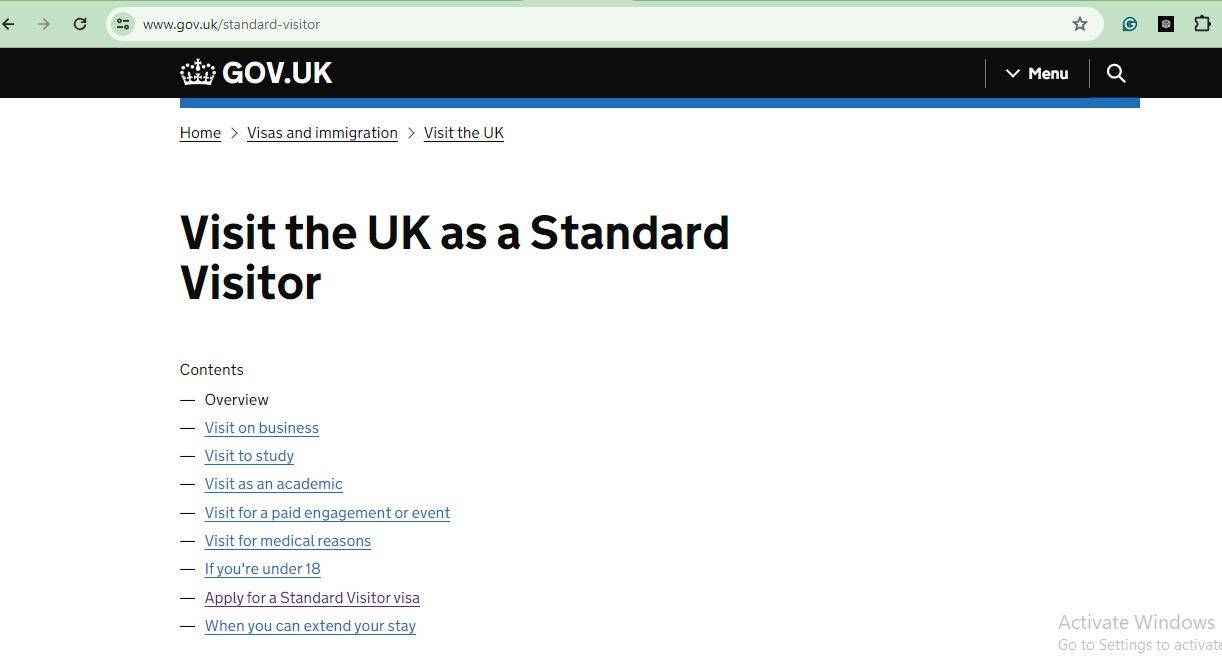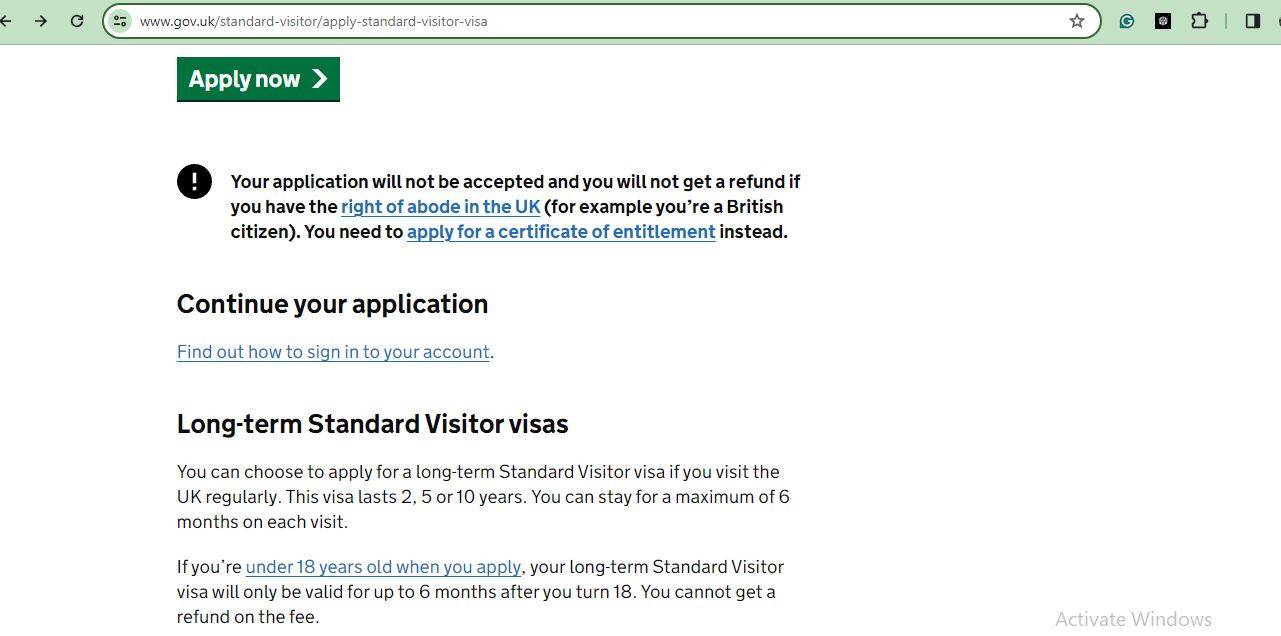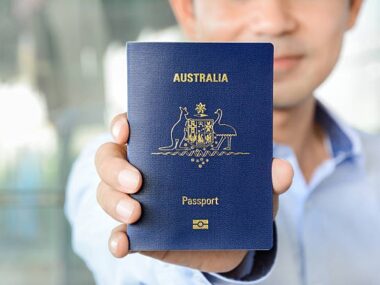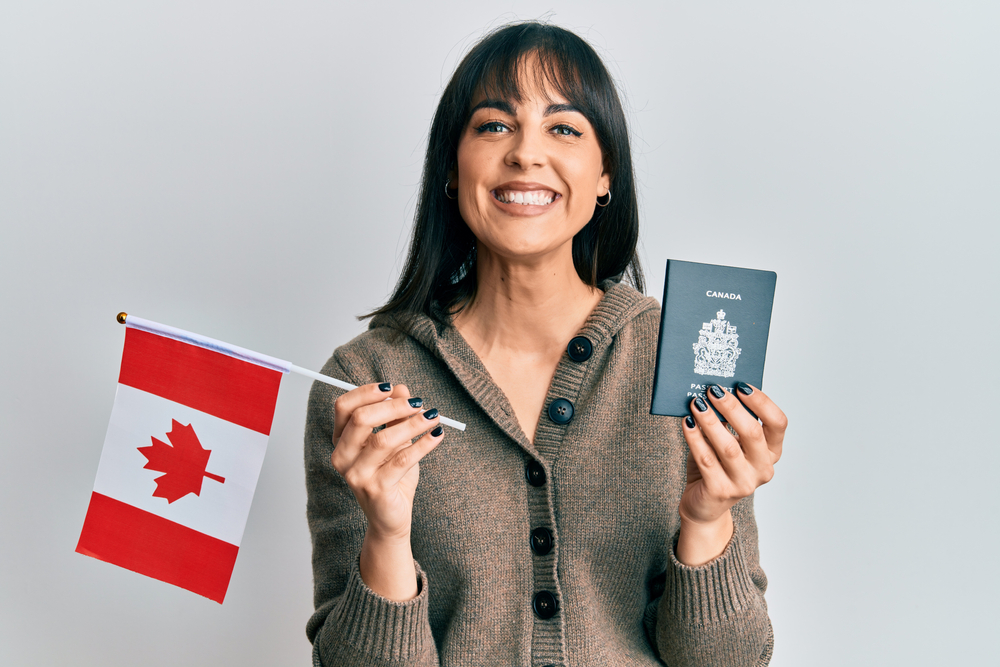Everything You Should Know about UK Visitor Visa Application
What exactly is a UK visitor visa, and why do you need one? Think of it as your golden ticket to exploring the beautiful parts of the United Kingdom. Whether you’re planning to see great places, visit friends and family, or attend business meetings, a visitor visa is your passport to entry into the UK.
Now, let’s talk about types. There’s not just one type of UK visitor visa; there are options to choose from. First, we’ve got the Standard Visitor Visa, your best option for tourism, leisure, or visiting family and friends. Then there’s the Family Visitor Visa, perfect for those lovely reunions with loved ones across the sea. And let’s not forget about the Business Visitor Visa, which is important for anyone coming to the UK for work-related purposes.
But wait, there’s more! Depending on your specific situation, you might qualify for other types of visitor visas, such as the Marriage Visitor Visa or the Permitted Paid Engagement Visa. Each visa comes with its own requirements and restrictions, so choosing the right one for your trip is great.
 How long can you actually stay in the UK on a visitor visa? Well, that depends on the type of visa you have. Ordinarily, visitor visas allow stays of up to six months, but some may permit shorter or longer stays depending on your purpose of visit and individual conditions. You are expected to check the terms of your visa to ensure you don’t overstay your welcome.
How long can you actually stay in the UK on a visitor visa? Well, that depends on the type of visa you have. Ordinarily, visitor visas allow stays of up to six months, but some may permit shorter or longer stays depending on your purpose of visit and individual conditions. You are expected to check the terms of your visa to ensure you don’t overstay your welcome.
Eligibility Criteria
Let’s get down to another important part: who’s eligible to get that desired UK visitor visa? Well, it’s not as straightforward as you might think. The UK authorities have a laundry list of criteria that they’ll be setting you up against, so it’s important to do your research to ensure you meet all the requirements.
Can we talk about eligibility details? To be eligible for a UK visitor visa, you’ll need to show that you’re a real visitor with a good reason for traveling to the UK. Whether you’re planning to come for tourism, catching up with family and friends, or attending a business conference, you’ll need to provide evidence to support your purpose of visit.
But that’s not all. The UK authorities will also be checking your financial situation to ensure you have enough for your trip. That means showing proof of sufficient funds to cover your travel expenses, accommodation, and any other costs associated with your stay in the UK.
Now, let’s talk about the factors the UK authorities will consider when assessing your visa application. From your relationship to your home country to your immigration history and even your travel plans, every detail matters. The goal here is to convince the authorities that you’re a low-risk traveler who’s unlikely to stay longer than approved or engage in any funny business while in the UK.
Documents Required
What exactly do you need to gather for your UK visitor visa application? Well, get ready to check your files because you’re going to need some important documents to prove that you’re the real deal.
First, you’ll need to prepare your passport. This is your ticket to the world, so make sure it’s available. Check that it’s valid for at least six months beyond your planned stay in the UK, and don’t forget to make copies of the main pages for your application.
Next on the list, we’ve got your visa application form. Think of this as your guide for exploring the visa application process. Filling it out accurately and completely is great, leaving no stone unturned. And if you’re feeling a bit confused, don’t fear; plenty of resources are out there to help guide you through the process.
Now, let’s talk about the all-important supporting documents. These bad boys are your secret weapon for convincing the powers that be that you’re a visitor with a legal reason for traveling to the UK. From bank statements and pay slips to flight bookings and hotel reservations, the key here is to provide as much evidence as possible to support your application.
But wait, there’s more! Depending on your specific situation, you might need to provide additional documents to boost your case. For example, if you’re visiting family or friends in the UK, you’ll need to provide an invitation letter from your host. And if you’re attending a business conference or meeting, you’ll need a letter of invitation from the event organizers.
Now, let’s talk strategy. Organizing and presenting your documents effectively can make all the difference when it comes to a successful visa application. Take the time to create a comprehensive checklist of all the documents you need, and double-check that you’ve got everything in order before submitting your application. And if you’re feeling a bit confused, reach out for help. Plenty of resources and support are available to guide you through the process.
UK Visitor Visa Application Process
Alright, we’re going into the UK visitor visa application process details. But don’t worry; I’ll be your trusted guide through this journey of paperwork and procedures.
Can we start with how to apply for a UK visitor visa? Now, you’ve got some options: you can either apply online through the UK government’s official visa application website or head to a visa application center in person. Whichever way you choose, the key is to follow the instructions and double-check that you’ve provided all the required information before hitting that submit button.
 Next, let’s talk about the well-known application form. Now, I’ll be honest with you, this can be surprising. But fear not because I’m here to walk you through it step by step. From your personal details to your travel history and everything in between, it’s important to fill out the form correctly and completely. And, if you’re not sure of the next step, reach out for help.
Next, let’s talk about the well-known application form. Now, I’ll be honest with you, this can be surprising. But fear not because I’m here to walk you through it step by step. From your personal details to your travel history and everything in between, it’s important to fill out the form correctly and completely. And, if you’re not sure of the next step, reach out for help.
Now, visa fees. Unfortunately, securing your ticket to the UK doesn’t come cheap, so be prepared to pay this fee. The good news is that you can pay your visa fees online as part of the application process, so you won’t have to worry about rushing around for cash at the last minute.
Last but not least, let’s talk about biometric appointments. Not everyone will need to schedule one of these requirements, but if you do, don’t fear. It’s a quick and not stressful process that involves getting your fingerprints and photo taken at a designated location. Just make sure to book your appointment well in advance to avoid any last-minute challenges.
Additional Considerations
We’re moving closer to the finish line of our journey through the UK visitor visa application process, but before we bring it to an end, there are a few additional considerations you’ll want to keep in mind to ensure a smooth and successful application.
First is the visa processing times. Now, I’ll be honest with you: patience is key when it comes to waiting for your visa to be processed. The exact processing times may differ depending on many factors, including the time of year, the volume of applications, and even your situation. But fear not, because you can check the current processing times on the UK government’s official visa application website to get an idea of how long you might be waiting.
Next, let’s talk timelines. Once you’ve submitted your visa application, what’s next? This is officially left to the UK authorities, so sit tight and wait for them to work their things. While waiting, it’s important to keep an eye on your email and phone for any updates or requests for additional information. Hey, if you’re feeling a bit worried, reach out to the visa application center for a status update.
Tips for a Successful Application
We’ve covered a lot of ground so far, but before we close up our comprehensive guide to the UK visitor visa application process, let’s give out some cool tips to ensure that your application comes out with flying colours.
ALSO READ: UK Visa for Transport Workers: A Comprehensive Guide
When it comes to preparing and submitting your UK visitor visa application, being careful is very important. That means double-checking all your documents for accuracy and completeness, ensuring your application form is filled out correctly, and avoiding common issues that could affect you along the way.
Now, let’s talk about presenting a strong case for visa approval. Remember, the UK authorities are looking for genuine visitors who have a legal reason for traveling to the UK and are unlikely to stay longer than approved. So, providing clear and convincing evidence to support your application is key. Whether it’s detailed travel plans, letters of invitation from your host in the UK, or proof of relationship to your home country, the key here is to make it really clear why you’re the perfect candidate for a UK visitor visa.
Finally, let’s talk about showing a relationship to your home country and intent to return. The UK authorities want to see that you have a strong connection to your home country and are planning to return after your visit to the UK. So, be sure to include evidence of your employment, financial situation, family, and any other factors that prove your connection to your home country. And if you’ve got any plans or commitments lined up back home, be sure to mention them, too.
Dealing with Visa Rejections
I know visa rejections are not the most fun topic to discuss, but it’s key to be prepared for the possibility of your UK visitor visa application getting the rejection stamp.
Firstly, let’s get into understanding the reasons why visa applications get rejected. It could be anything from missing documents and incomplete application forms to your travel history or financial situation disagreement. The key here is to take a close look at the reasons provided by the UK authorities and learn from them to avoid making the same mistakes in the future.
 Now, let’s talk about your options if your UK visitor visa application gets rejected. The good news is that all hope is not lost; you’ve got a couple of options to explore. Yes, you can appeal the decision if you believe there was a mistake or misunderstanding in your application. This involves submitting additional evidence or clarification to support your case and asking for a review of the decision. Aside from this, you can choose to reapply for a UK visitor visa, making sure to address any issues or concerns raised in the rejection letter.
Now, let’s talk about your options if your UK visitor visa application gets rejected. The good news is that all hope is not lost; you’ve got a couple of options to explore. Yes, you can appeal the decision if you believe there was a mistake or misunderstanding in your application. This involves submitting additional evidence or clarification to support your case and asking for a review of the decision. Aside from this, you can choose to reapply for a UK visitor visa, making sure to address any issues or concerns raised in the rejection letter.
But wait, there’s more! There are some amazing tips for improving the chances of success in subsequent visa applications. First, closely check the reasons for your visa rejection and address any weaknesses in your application. Whether it’s providing more powerful evidence of your connection to your home country or clarifying any disagreement in your travel history, the key here is to learn from your mistakes and present a stronger case the second time around.
Secondly, consider seeking professional assistance to help you explore the visa application process. Whether it’s hiring an immigration consultant or seeking guidance from legal experts, having an experienced professional in your corner can make all the difference in presenting a smart case for visa approval.
ALSO READ: Comprehensive Guide on UK Work Visas
FAQs
Now, let’s take a look at some frequently asked questions about the UK visitor visa process:
Can I work or study in the UK on a visitor visa?
No, a UK visitor visa is strictly for tourism, leisure, visiting family and friends, or attending business-related activities.
Can I extend my stay in the UK on a visitor visa?
In some cases, extending your stay in the UK on a visitor visa may be possible, but you’ll need to apply for an extension before your current visa expires.
Do I need travel insurance for my trip to the UK?
While travel insurance isn’t compulsory for a UK visitor visa, protecting yourself against unexpected medical expenses or travel disruptions is highly recommended.
Can I travel to other countries in the Schengen Area with a UK visitor visa?
No, a UK visitor visa only allows entry into the UK, so you’ll need to apply for a separate visa if you plan to visit other countries in the Schengen Area.


